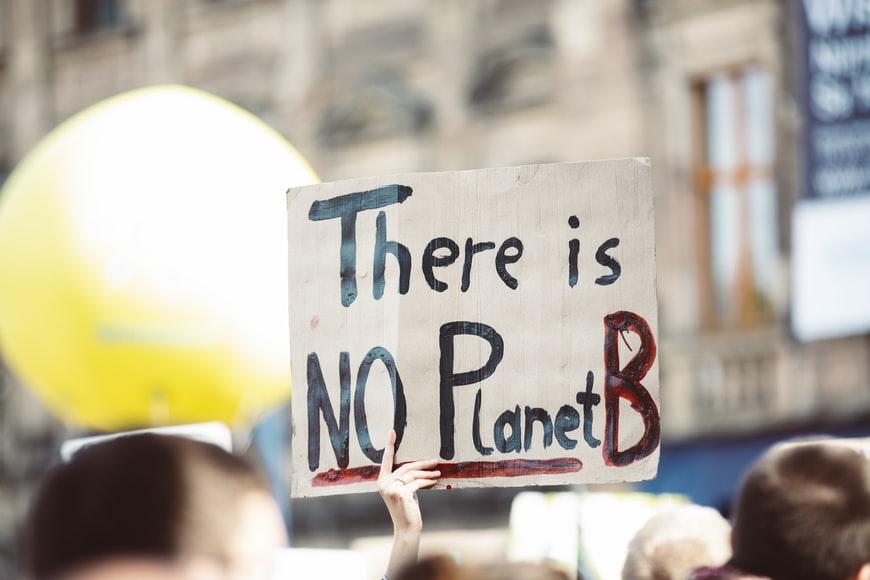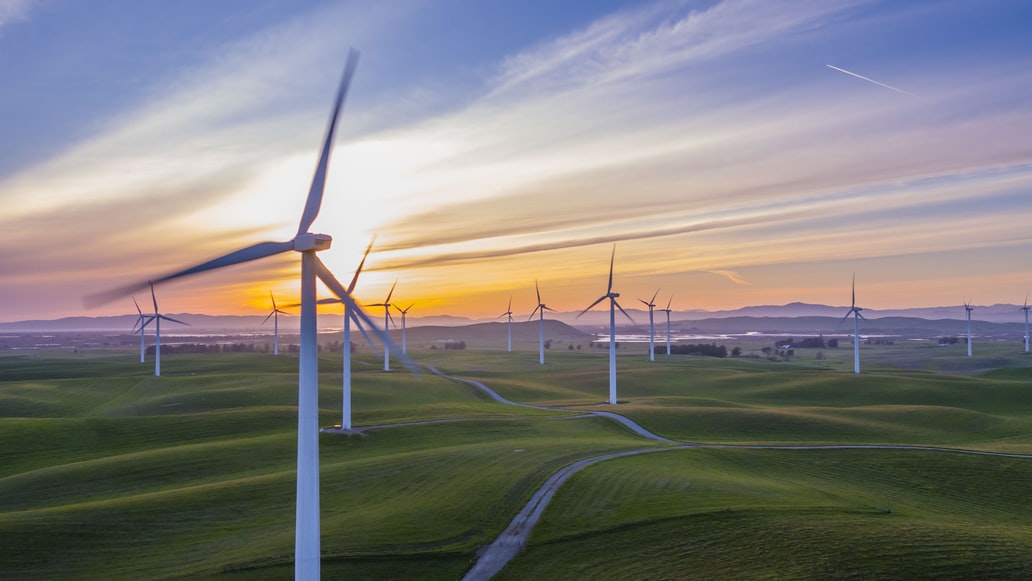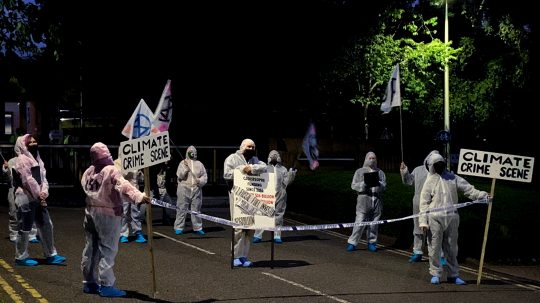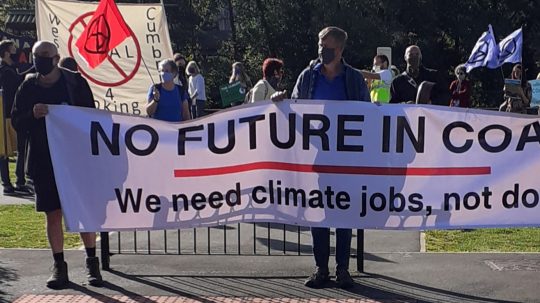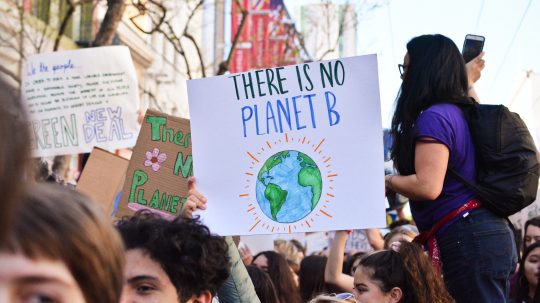World leaders, delegates, climate experts and activists are currently making their way to Glasgow for COP26.
Once in Scotland’s most populous city, they will seek to reach collective agreement on how to address what is perhaps the single greatest threat to human life on earth, the climate crisis. The USA’s climate envoy John Kerry has said it is the “last best hope for the world to get its act together”. But what is COP26 and what can we expect?
Why is it known as COP26?
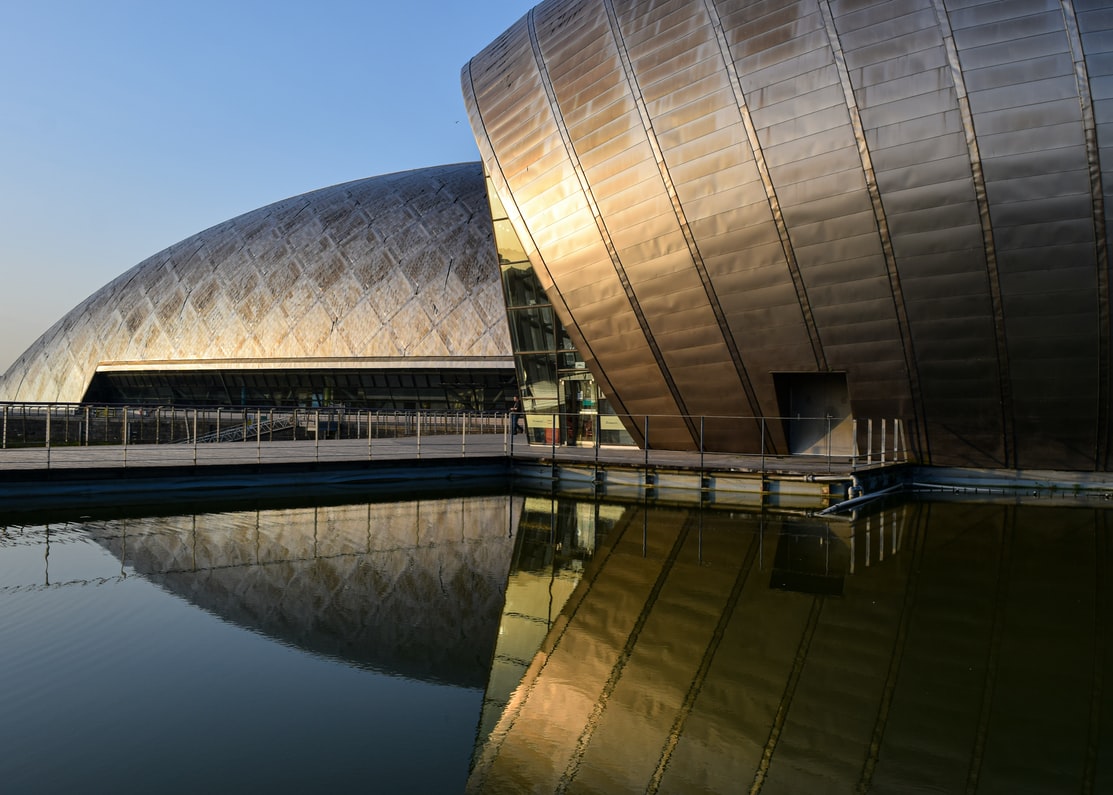
Credit: Fredrika Carlsson / Unsplash
Ever since the United Nations Framework Convention on Climate Change (UNFCCC) came into effect in 1994 to try to address dangerous human interference with the climate system, the 197 states that have signed the treaty have gathered annually to determine a collective response to global warming. The summits are referred to as a “Conference of Parties” and the one taking place in Glasgow from 31 October to 12 November is the 26th to be held, hence the acronym COP26.
What’s the background to this meeting?
While most COPs have failed to produce an adequate response to the climate crisis, significant progress has been made at some. Most notably, COP21 held in France in 2015 resulted in the landmark Paris Agreement. It required the 192 signatories (191 countries plus the European Union) to make every effort to prevent global temperatures rising 2C above pre-industrial levels, and endeavour to limit the increase to 1.5C.
In the years since, there has been a growing consensus that the terms of the Paris Agreement are insufficient to prevent catastrophic temperature increases. In order to meet the goals that it sets out, the Agreement relies on states implementing non-binding targets to limit their emissions. As they currently stand, the targets that states have adopted will reportedly fail to prevent temperature increases beyond 2.7C.
The Intergovernmental Panel on Climate Change has made it clear that any increase over 1.5C will result in widespread damage from extreme weather events, sea level rises, floods, droughts and a loss of both polar and glacial ice. This further reinforces the need for new accords to reduce emissions below the levels mandated by the Paris Agreement.
What will happen at the conference?
An estimated 120 world leaders are set to attend, alongside thousands of delegates and officials from 196 countries. They will gather in Glasgow’s Scottish Events Campus to discuss initiatives to prevent the worst effects of global warming. The UK has set four key goals for the summit: reduce emissions; escalate efforts to mitigate climate-related damage, including protecting and restoring eco-systems and building defences; mobilise at least $100 billion of climate funds a year to aid developing countries; and intensify international collaboration.
Among the proposals that will be considered is a potential commitment by countries to achieve net zero emissions by 2050, as well as an indefinite ban on the construction of new coal-fuelled power plants and a reworking of climate finance initiatives to aid developing nations in reducing emissions.
What are the likely outcomes?
The success of COP26 is contingent on the attending states reaching collective agreements on ambitious targets. Doubts have been cast on a number of fronts, not least the proposed drive to reach net zero by 2050.
The prospect that COP26 will not produce agreements sufficient to prevent 1.5C in warming has reportedly already been conceded in private by some representatives of attending parties. Officials from the UK, USA and UN have all expressed concern that talks will fall short. If this is the case, the hope is that enough progress will be made in Glasgow for future climate summits to build upon, much like Denmark’s COP15 in Copenhagen in 2009, which is viewed as having laid the groundwork for the Paris Agreement.
What’s happening outside of the conference?
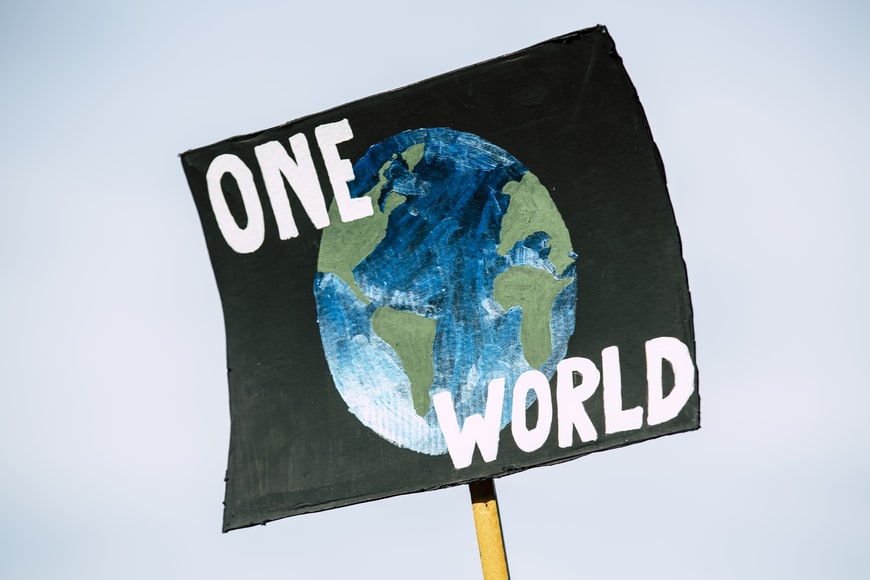
Credit: Markus Spiske / Unsplash
Alongside the official proceedings, activists, climate experts and representatives of at-risk communities from across the world are set to gather in Glasgow. It has been estimated that as many as 100,000 people will take part in protests during the conference. Swedish activist Greta Thunberg has invited striking refuse workers in Glasgow to participate: “Climate justice also means social justice and that we leave no one behind,” the 18-year-old tweeted.
Activists and public officials have also indicated there will be widespread disruption in Glasgow. Extinction Rebellion and Greenpeace are among a number of groups that have expressed their intent to hold disruptive, non-violent actions.
As well as protests, a wide range of talks, workshops and activities have been planned by organisations to coincide with the summit.
What are the human rights implications?
Whatever the outcome of COP26, it will have profound implications on the rights of millions of people across the globe. Human rights enshrined in both international and domestic law, such as those to shelter, food and life itself are imperilled by a changing climate that in many places is becoming increasingly unsuitable for human habitation.
The issue is of such concern that in October the UN Human Rights Council passed a resolution declaring access to a clean and healthy environment to be a human right. The text of the resolution, which is not legally binding, includes a recognition of the impacts that environmental damage has on the rights of already vulnerable groups. It concluded the climate crisis was among the most “serious threats to the ability of present and future generations to enjoy human rights, including the right to life”.
Ahead of COP26, there have been calls for solutions to the climate crisis to recognise its disparate effects between wealthy and developing countries. Advocates for climate justice argue that wealthy countries have a responsibility to invest in efforts to prevent and mitigate global warming and point out that the brunt of its consequences are being felt by the less economically developed countries in the Global South.

